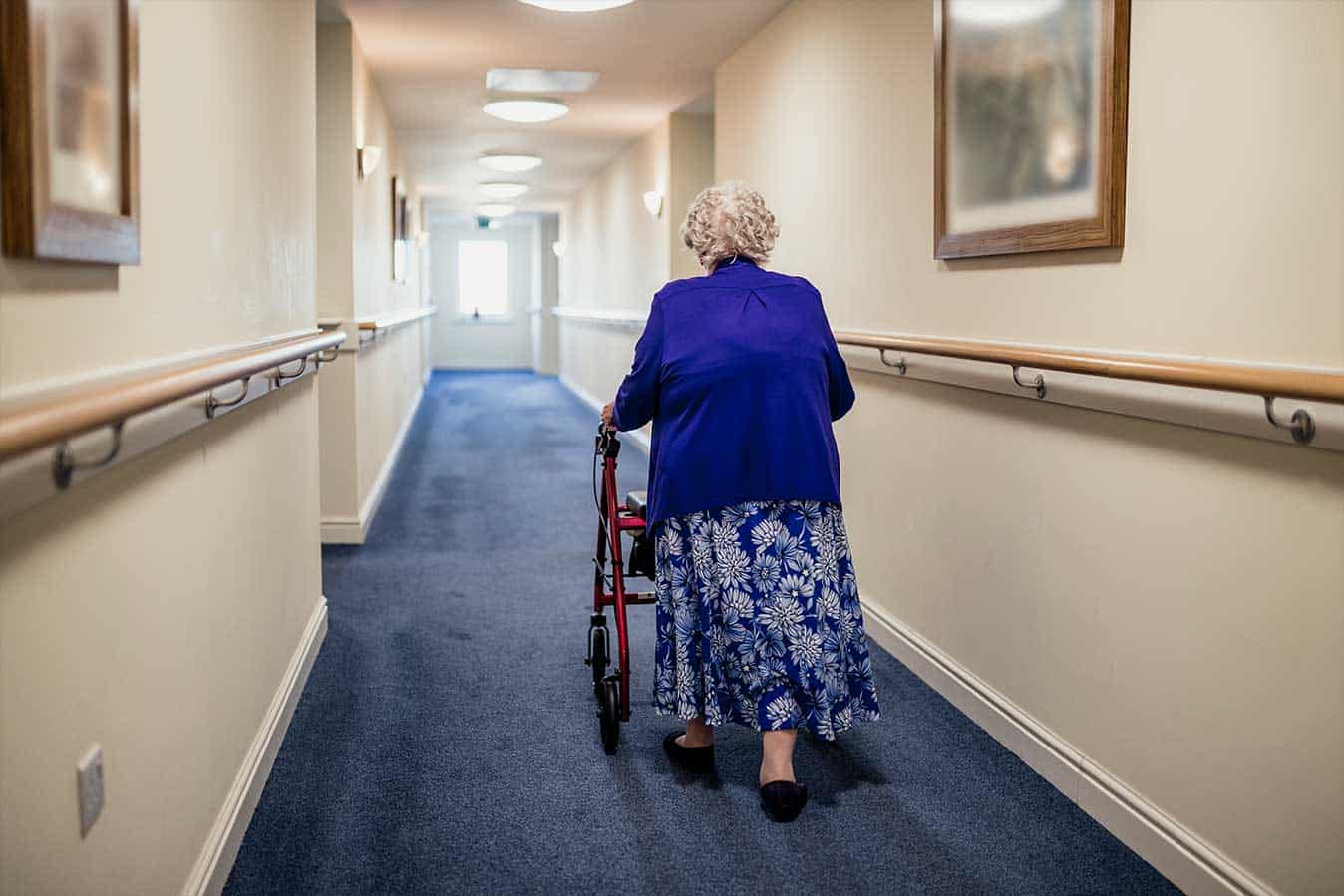The Australian Nursing and Midwifery Federation (ANMF) is calling on the Federal Government to defer progressing the largest trade deal in history amid growing concerns that it will negatively impact the aged care system.
This week, Federal Parliament is being asked to pass the enabling legislation for the Regional Comprehensive Economic Partnership (RCEP), a multi-country trade deal involving close to a third of the global population and a third of global GDP.
Yet, a Submission to the Federal Government’s Joint Standing Committee on Trade by the New South Wales Branch of the ANMF, highlighted significant concerns that link the RCEP Trade Agreement and the Recommendations of the Royal Commission into Aged Care.
ANMF Federal Secretary Annie Butler said if the RCEP deal goes ahead in its current form it runs the risk of providing loopholes for private overseas companies to avoid being held accountable for how they provide care to aged care residents.
“Many Australians would be well-aware of the shocking evidence of abuse and neglect found by the Royal Commission into Aged Care, evidence that reflected an absence of accountability and transparency within many of the country’s privately-operated nursing homes,” Ms Butler said.
“Despite billions in Government funding annually, the Royal Commission found that many aged care providers failed to staff their aged care facilities adequately, and on too many occasions, failed to even provide decent meals for those in their care. The ANMF welcomed the recommendations for greater staffing, greater accountability and greater transparency from the Royal Commission but we are now concerned that this trade deal could jeopardise these urgently-needed reforms of aged care.”
NSWNMA spokesperson on Trade, Michael Whaites, questioned why ‘on one hand we have a trade agreement whose purpose is to freeze or de-regulate services and on the other, we have a Royal Commission calling for more regulation?’
“Increased accountability and transparency requires tighter regulation, not less regulation. It came as a shock to us that the Morrison Government has chosen not to exclude aged care from the agreement. The RCEP agreement excludes childcare and some aspects of healthcare, but not aged care,” he said.
“This represents either an oversight by the Government, or it represents a belief by the Government that the aged care system is currently over-regulated, which would fly in the face of the Royal Commission’s findings.”
Ms Butler said the Government must stop the legislation to ensure the RCEP will not hinder regulation of the aged care sector, most importantly, the quantity and quality of care being provided to elderly residents.
“We are calling on the Government to amend the agreement before the enabling legislation is put before Parliament this week and remove any confusion. If the Government will not make this amendment, then we need the opposition parties to vote against the legislation,” she said.
“If you agree that the aged care system needs more regulation, then you must ensure that there are absolutely no impediments to implementing change. If the RCEP deal goes ahead in its current form it runs the risk of providing loopholes for private overseas companies to avoid being held accountable for how they provide care to aged care residents.”
The ANMF is also deeply concerned that the RCEP trade agreement will legitimise the brutal military dictatorship in Myanmar.
“We stand with the healthcare workers and trade unionists in Myanmar who have been opposing the takeover of democracy in that country. We do not believe the Australian Government should be making trade deals with a government that punishes healthcare workers who enact their democratic rights,” Ms Butler said.
The ANMF’s Submission on RCEP is available here








